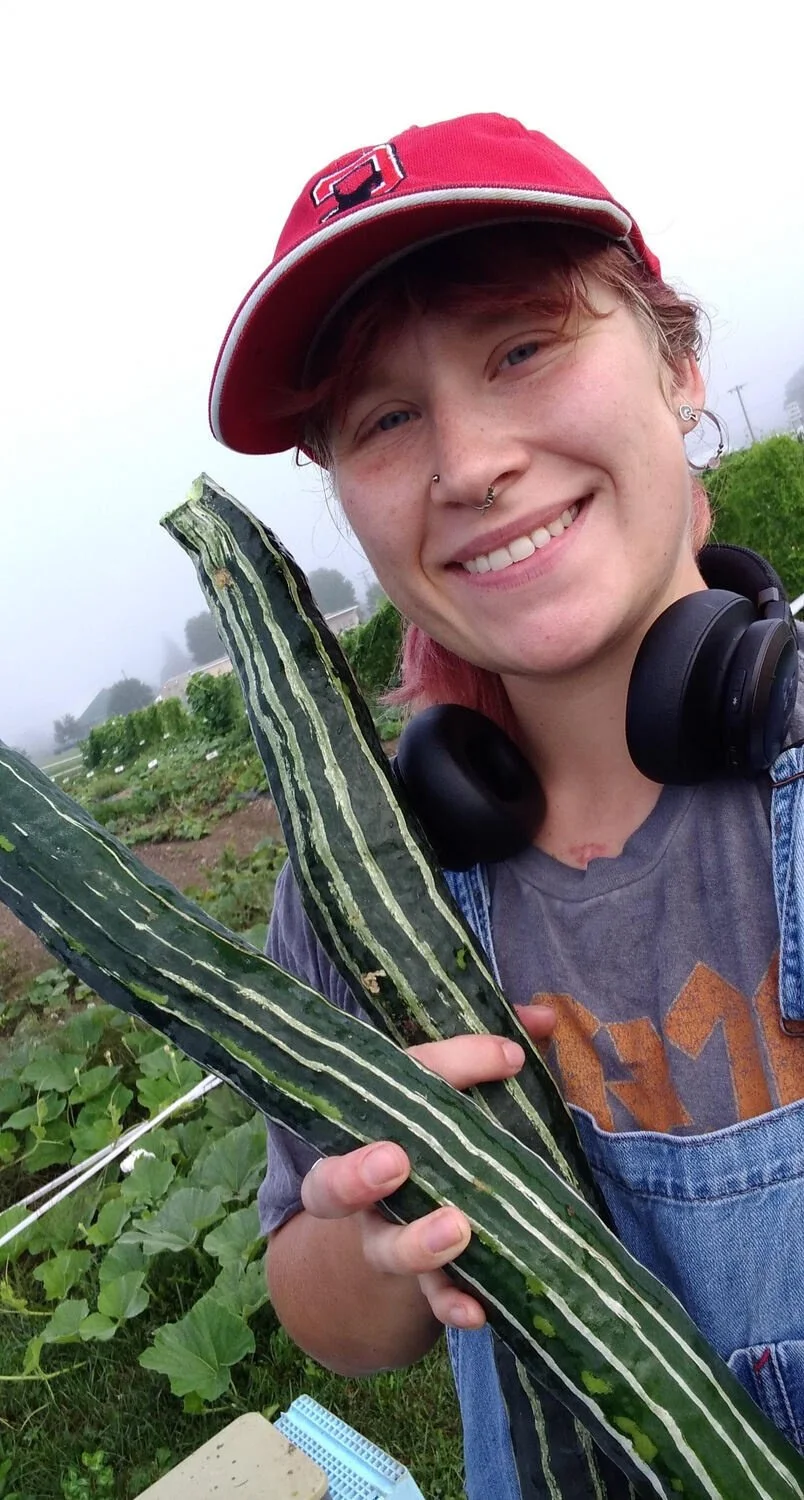Organizer: Southeast Asia Program, Cornell University
Type/Location: In Person / Ithaca, NY
Description:
Join the Southeast Asia Program at Cornell University for a talk by Marlie Lukach, PhD student in Plant Breeding and Genetics, who will discuss lagenaria siceraria, the bottle gourd.
Abstract:
Lagenaria siceraria, commonly known as bottle gourd, is a crop of immense historical significance, as one of the first domesticated crops, with its use dating back over 10,000 years. Its journey across almost every continent, adapting to a diverse range of climates and overcoming abiotic and biotic stressors, is a testament to its remarkable adaptability and diversity. The early interest in bottle gourd may have stemmed from its versatility: the immature fruits, leaves, stems, and flowers are edible, while the mature fruit’s hard rind can be used for storage vessels, tools, musical instruments, amulets, or art. Despite this adaptability and importance for early humans, there is a pressing need for further research to better understand the adaptability, diversity, and cultural importance of bottle gourds. This study employs a three-part approach to provide resources for advancing discovery, investigating global diversity, and preserving bottle gourds. Objective 1 focuses on understanding the cultural importance of bottle gourds. In collaboration with Cornell University’s Southeast Asia Program and Kasetsart University in Thailand, we explore the cultural significance of bottle gourds in Southeast Asian countries. Objective 2 aims to improve the sharing of scientific knowledge of bottle gourd by creating a crop ontology to help standardize data collection. This collaborative effort includes researchers from the US, Thailand, and Turkey working on bottle gourds. Lastly, Objective 3 centers on enhancing our understanding of the phenotypic and genotypic diversity of bottle gourds globally using bottle gourd germplasm from 19 countries held in the USDA National Plant Germplasm System
About the Speaker:
Marlie Lukach is a 6th-year PhD student in the Plant Breeding and Genetics Program working in the Jean-Luc Jannink Lab. She grew up not far from Ithaca in Endicott, NY. While she lived in a rural area, she went to school in town. Growing up in both settings, Marlie learned how disconnected these worlds can be and worked on reconnecting them with her involvement in 4H at the local, state, and national levels. Marlie completed her Bachelor's degrees at Cornell University in Agricultural Science and International Agriculture and Rural Development in 2020.
From these two programs, she developed a passion for underutilized crops across the globe.
During Marlie’s time in the Plant Breeding and Genetics Program, she has worked on a variety of projects such as heavy metal accumulation in winter squash for baby food markets, carbohydrate accumulation of winter squash, and building models using handheld near-infrared (NIR) spectrometers to predict quality traits in winter squash. But, her passion has driven her to pursue an overarching objective of how to make underutilized crops more accessible while helping to preserve biodiversity. Marlie has worked in partnership with the USDA to trial a variety of underutilized cucurbits, which include squashes, cucumbers, melons, watermelons, and, of course, gourds, to better understand how they perform in temperate climates, as well as traveling to Thailand to explore the cultural connections and diversity of gourds present in Southeast Asia.
Outside of research, Marlie is an active member of SEAP, serving as a committee member for the planning of the 2025 SEAP Grad Conference and as the building coordinator for the Kahin Center. And, in her free time is an avid equestrian and goat farmer.
Registration:
To attend the event in person, please register here.


